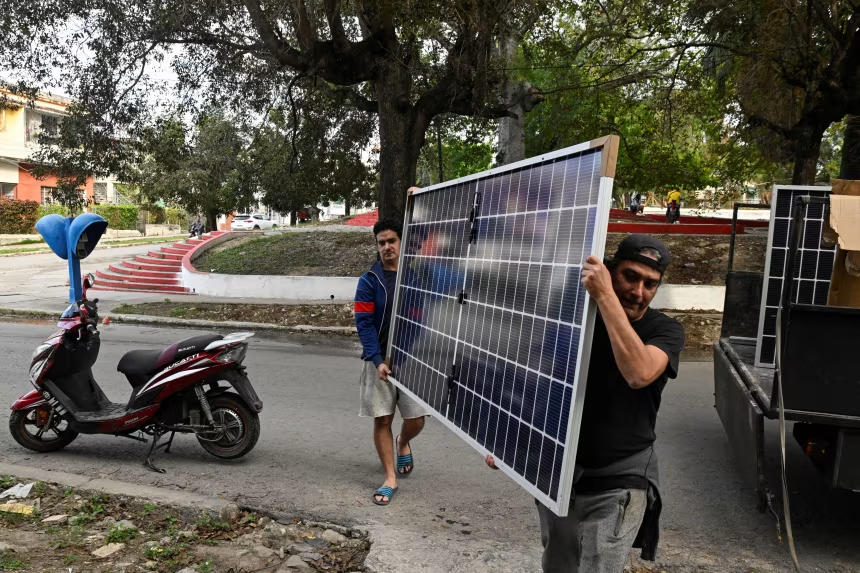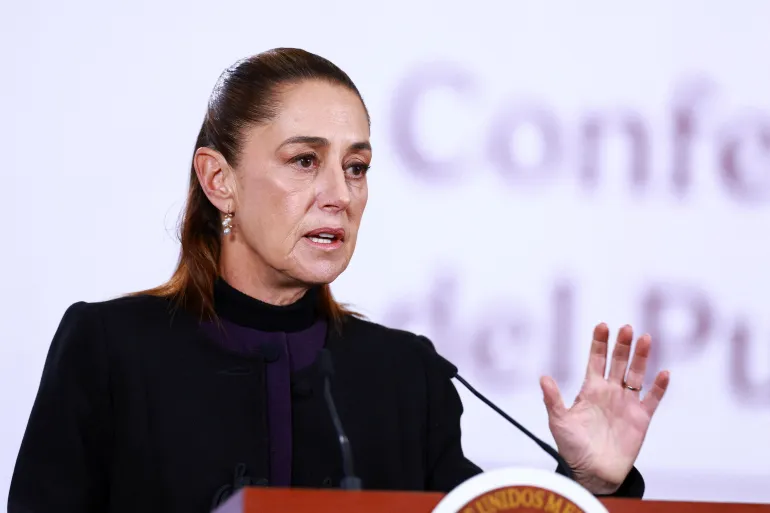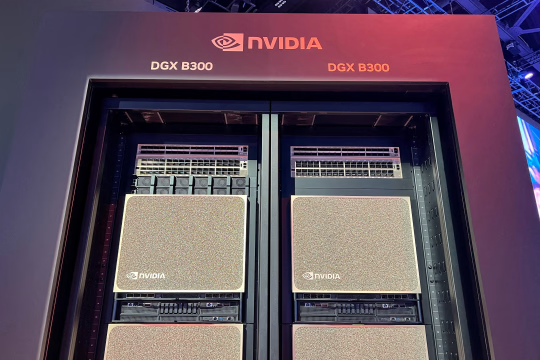The US Department of Commerce has announced the withdrawal of the so-called “AI Diffusion Rule,” a measure introduced under the Biden administration that aimed to restrict the global spread of advanced American artificial intelligence chips.
The decision marks a shift in how the US regulates AI-related exports, particularly to allied nations.
In a statement issued Tuesday, the Commerce Department explained that the rule was rescinded due to concerns it would hinder American technological innovation, overburden US companies with red tape, and damage relationships with partner countries. The rule had imposed limits on the volume of AI chips that could be exported to nations such as India, Switzerland, Saudi Arabia, and Singapore.
Major tech companies, including Microsoft and Oracle, had publicly opposed the rule, arguing it restricted US firms’ ability to expand globally while doing little to curtail China’s access to advanced technologies — the primary objective of such controls.
Jeffrey Kessler, Under Secretary of Commerce for Industry and Security, emphasized that the administration plans to take a more targeted approach: fostering collaboration with “trusted foreign countries” while continuing to block access to adversarial entities.
“The Trump Administration will pursue a bold, inclusive strategy to American AI technology… while keeping the technology out of the hands of our adversaries,” Kessler stated.
While the diffusion rule’s removal opens up opportunities for AI-focused companies like Nvidia, AMD, and Intel, the Commerce Department also reiterated its ongoing scrutiny of Chinese firms. It issued updated guidance stating that the use of Huawei’s Ascend AI chips — including models 910B, 910C, and 910D — anywhere in the world could violate US export controls. These chips are believed to be either designed with US technology or manufactured using US-origin equipment.
Though not a new regulation, this clarification signals a continued hardline stance against Huawei and reflects US concerns about China’s rapid progress in developing competitive AI hardware. Huawei has recently begun distributing AI chip clusters within China that it claims outperform some US offerings when scaled.
Analysts say that countries previously affected by the diffusion rule, particularly in the Middle East and Asia, stand to benefit most from the revised policy. Morningstar analyst Phelix Lee described the move as a “significant win” for US allies like Israel, the UAE, and Singapore, which had faced hurdles in acquiring US chips under the earlier rule.
The timing of the announcement coincided with President Trump’s diplomatic visit to Saudi Arabia, where multiple technology and AI infrastructure deals — including major orders for Nvidia chips — were revealed. Some within the administration have expressed concern over the scale of these deals, citing potential national security risks and growing partnerships between Gulf nations and China.
Citi analysts have suggested that the administration may adopt a more flexible, country-specific strategy for future AI chip export controls. While the rollback of the diffusion rule provides short-term relief for US firms and their global partners, uncertainties remain over how new restrictions might be structured to balance commercial interests with national security objectives.
With input from the Wall Street Journal and the Financial Times.










The latest news in your social feeds
Subscribe to our social media platforms to stay tuned